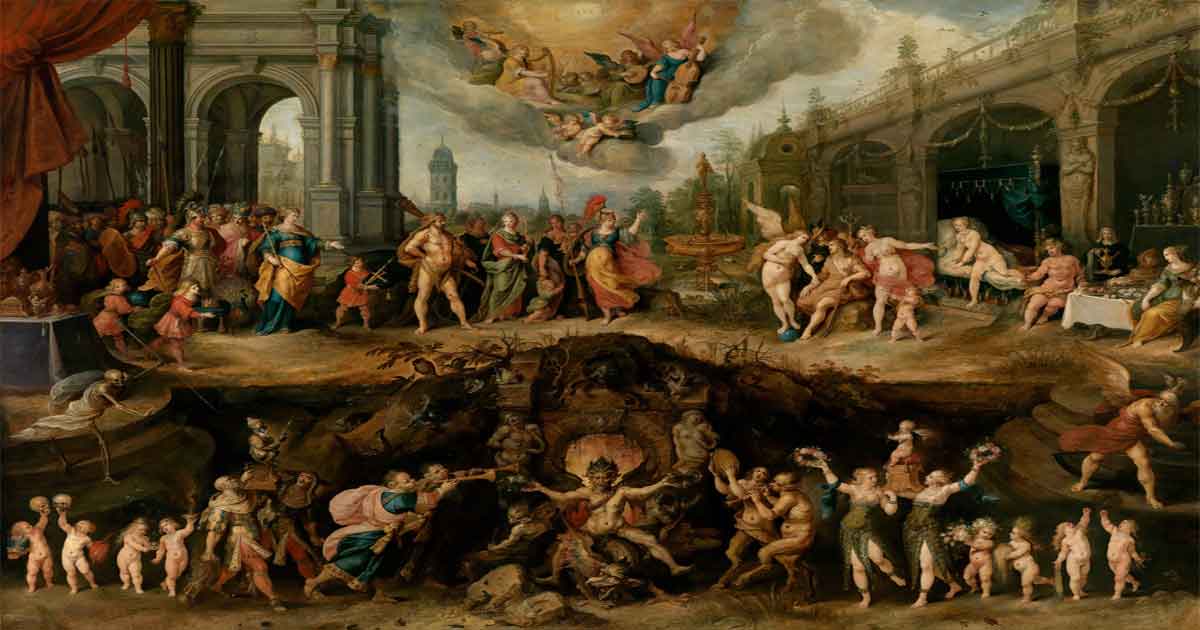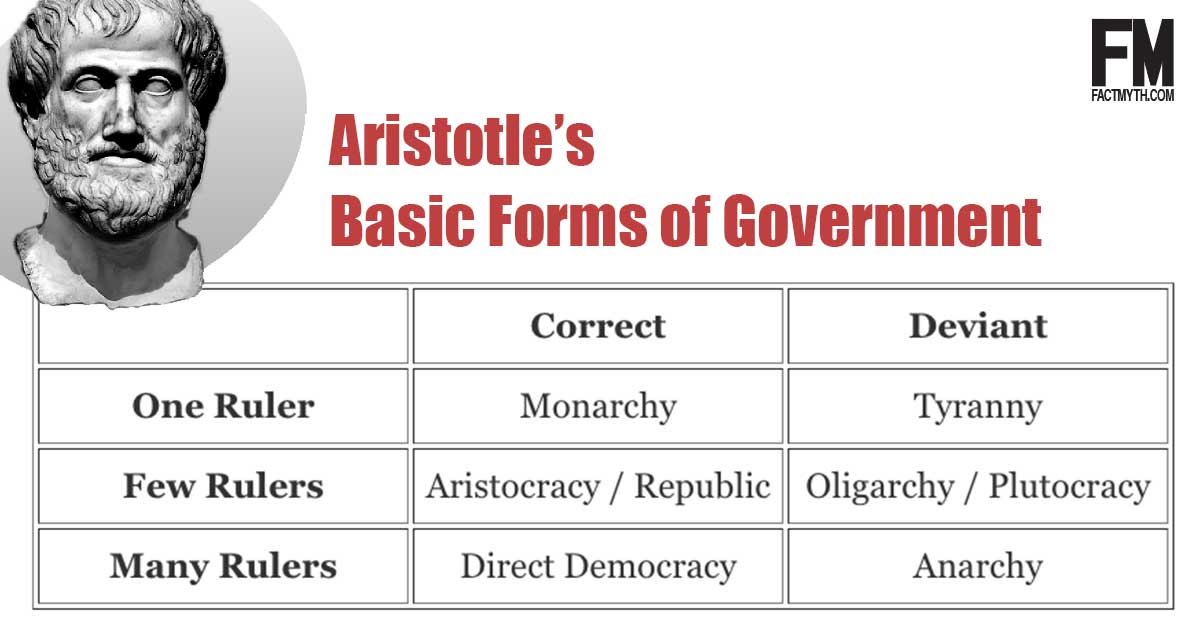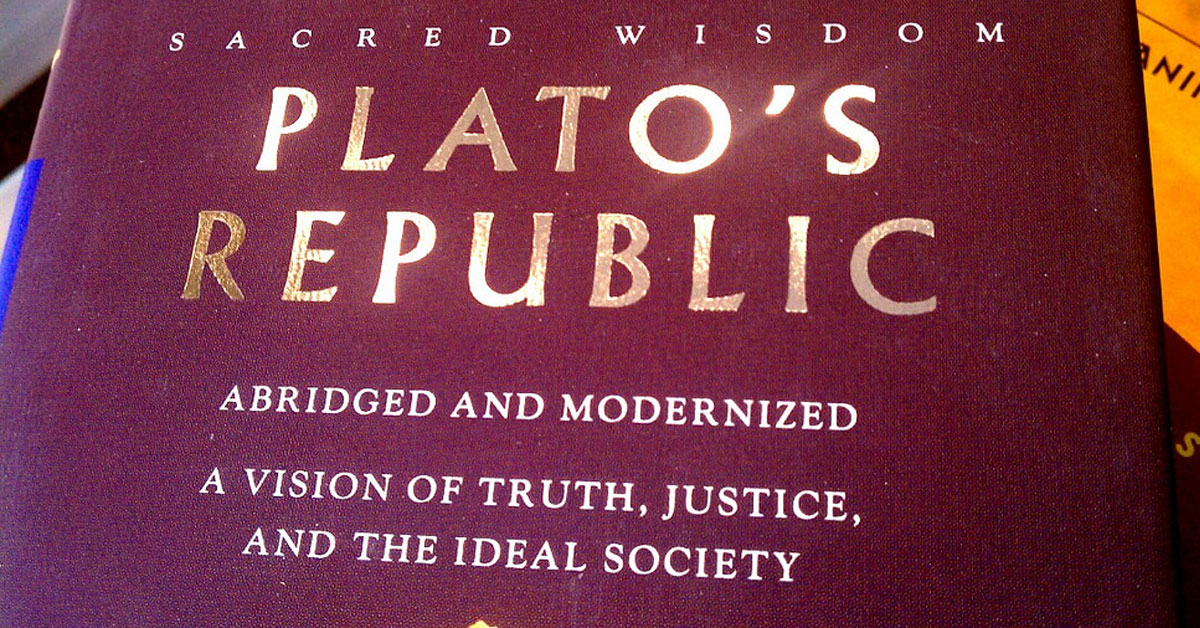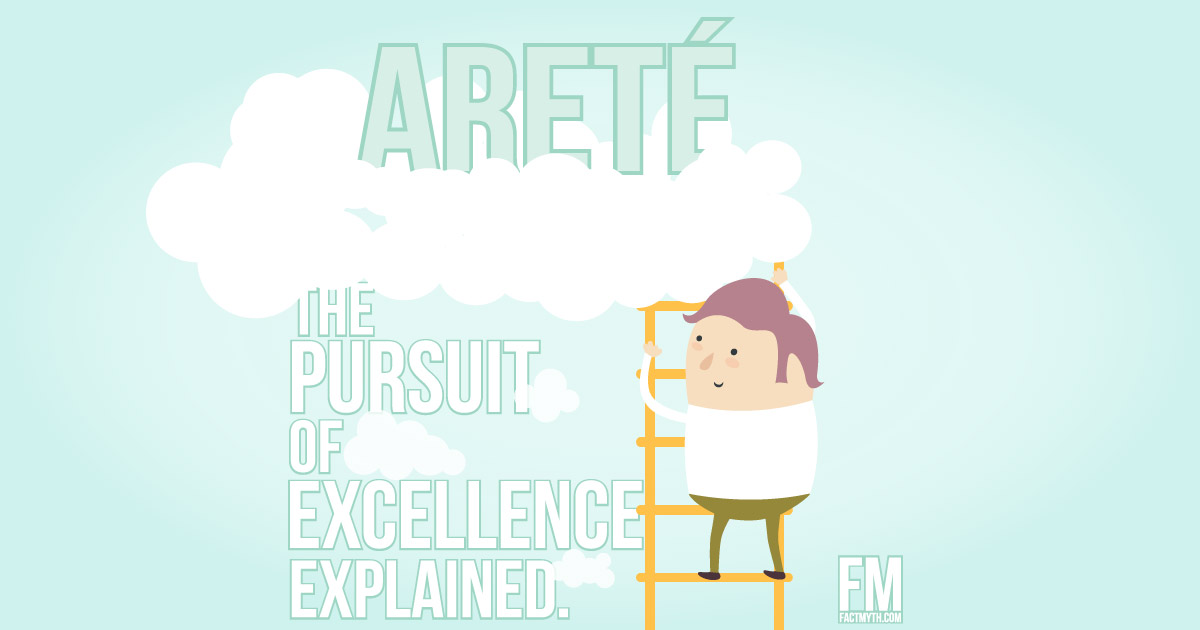Vices and Virtues Explained

We present a list of vices and virtues and look at vices and virtues as understood by philosophers like Aristotle and Aquinas.
Ethics are moral principles that govern a person’s or entity’s behavior. Ethics is the philosophy of virtue, morals, and justice. It seeks an empirical answer beyond its metaphysical roots.
To me, as one who is philosophically inclined, ethics is hands down the most important subject of academics. It is the keystone of EVERYTHING, this is because it is (like Plato infers) the keystone of the state and the soul. This is because it is [loosely speaking; note the ideal words haven’t yet been said by anyone] the art of moderation and temperance (the art of guiding all things via the highest virtue; the arete of virtues).
Ethics to the philosopher is the greatest happiness, yet, much to the detriment of all eras, to the miser (the one who desires wealth and power first) it is the greatest enemy.
This is why, again as Plato says, society should be structured in such a way that it values knowledge more than wealth. If the state is like the soul, then ethics speaks to a theory of justice which says the greatest happiness is the highest happiness for the most. Thus, the state and soul must be balanced toward this end to be just. This means moderation is needed and rulers must seek higher-order happinesses over lower-order pleasure seeking vices.
Meanwhile, the miser says, “but this stands in the way of my accumulation of capital, what nonsense”.
Again, this is why wise and benevolent rulers with ethical virtues and goals are the most desirable leaders. So, in sum, the past 20,000 years have been about trying to prove this argument and convey it to the masses. Plato did good, so did all his students from Livy, to Aquinas, to Machiavelli, to Locke, to Mill, Rawls… but as any Caesar, Khan, Mussolini, or Hitler will tell you, a minority of academics knowing isn’t always enough.

We present a list of vices and virtues and look at vices and virtues as understood by philosophers like Aristotle and Aquinas.

We explain and list the types of governments. We cover the basic classical forms of government, the many types of governments that can be derived from the classical forms, and the actual forms of governments in practice.

The major branches of philosophy can be denoted as: metaphysics (what is), epistemology (what we can know), logic and reason, ethics and morality, and aesthetics (beauty and art).

We present a discussion on “the meaning of life as happiness,”the Greatest Happiness Theory,” “the Good Life,”the Pursuit of Happiness,” and Virtue Theory.

Areté roughly means “moral virtue”. It refers to an innate “excellence” or “essence” in all things, and the striving toward that potential or purpose.